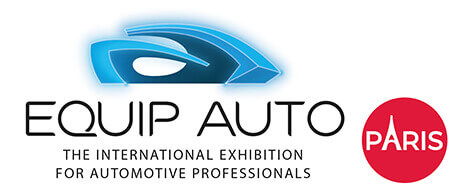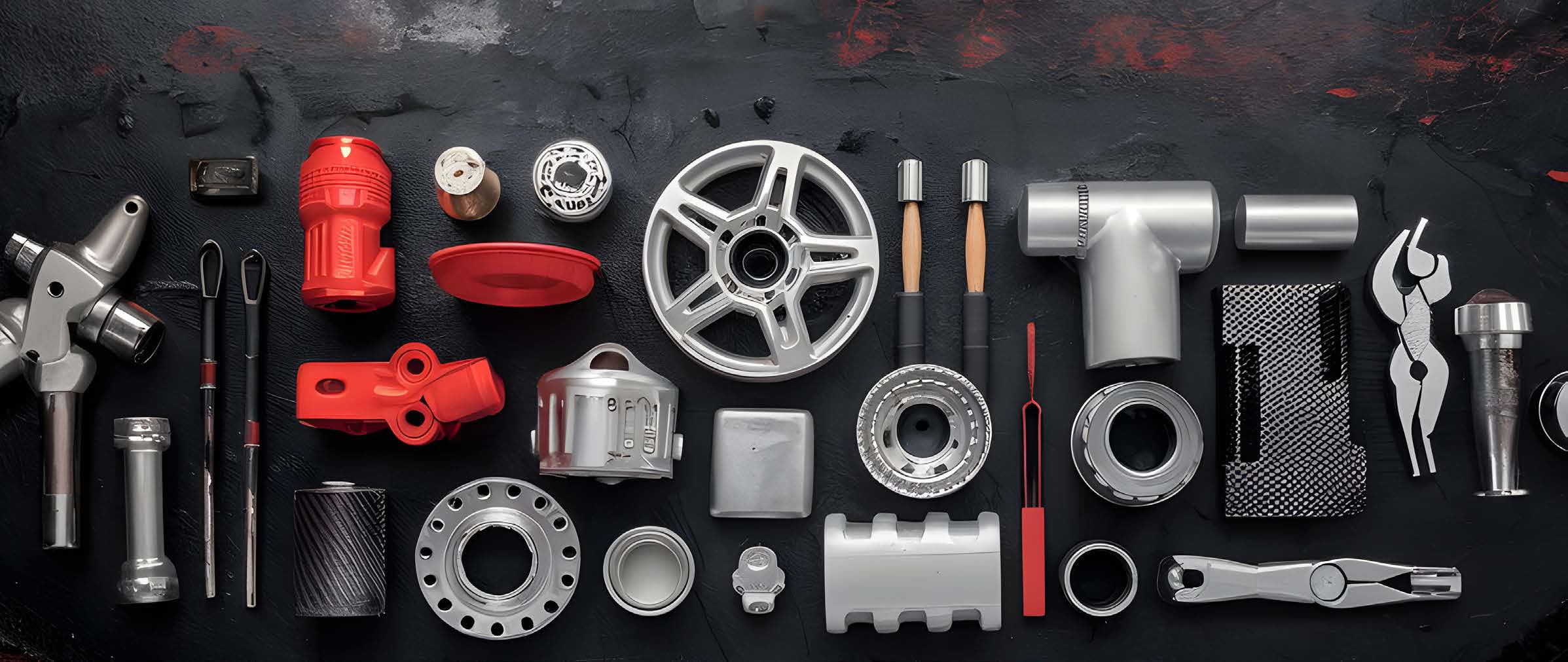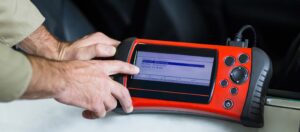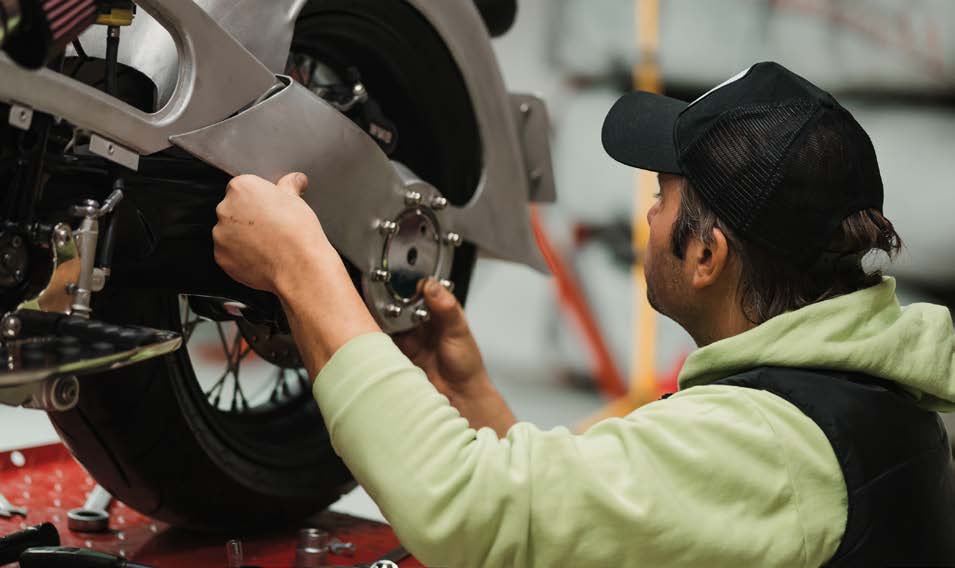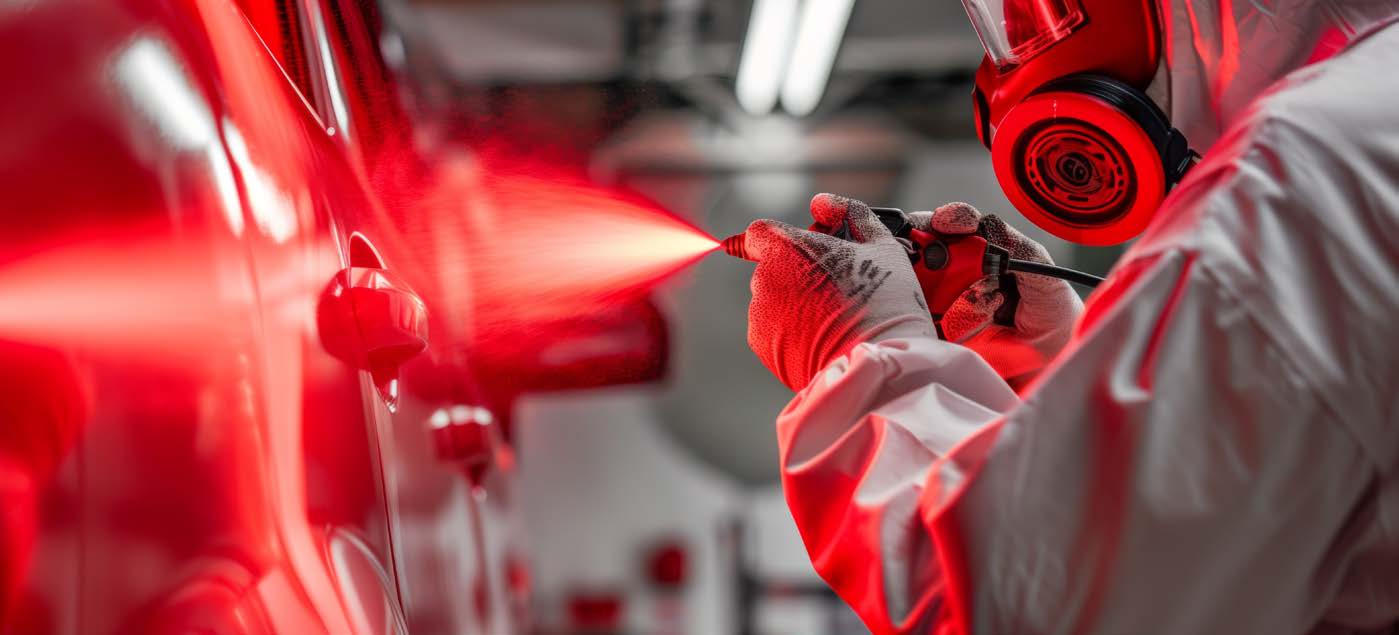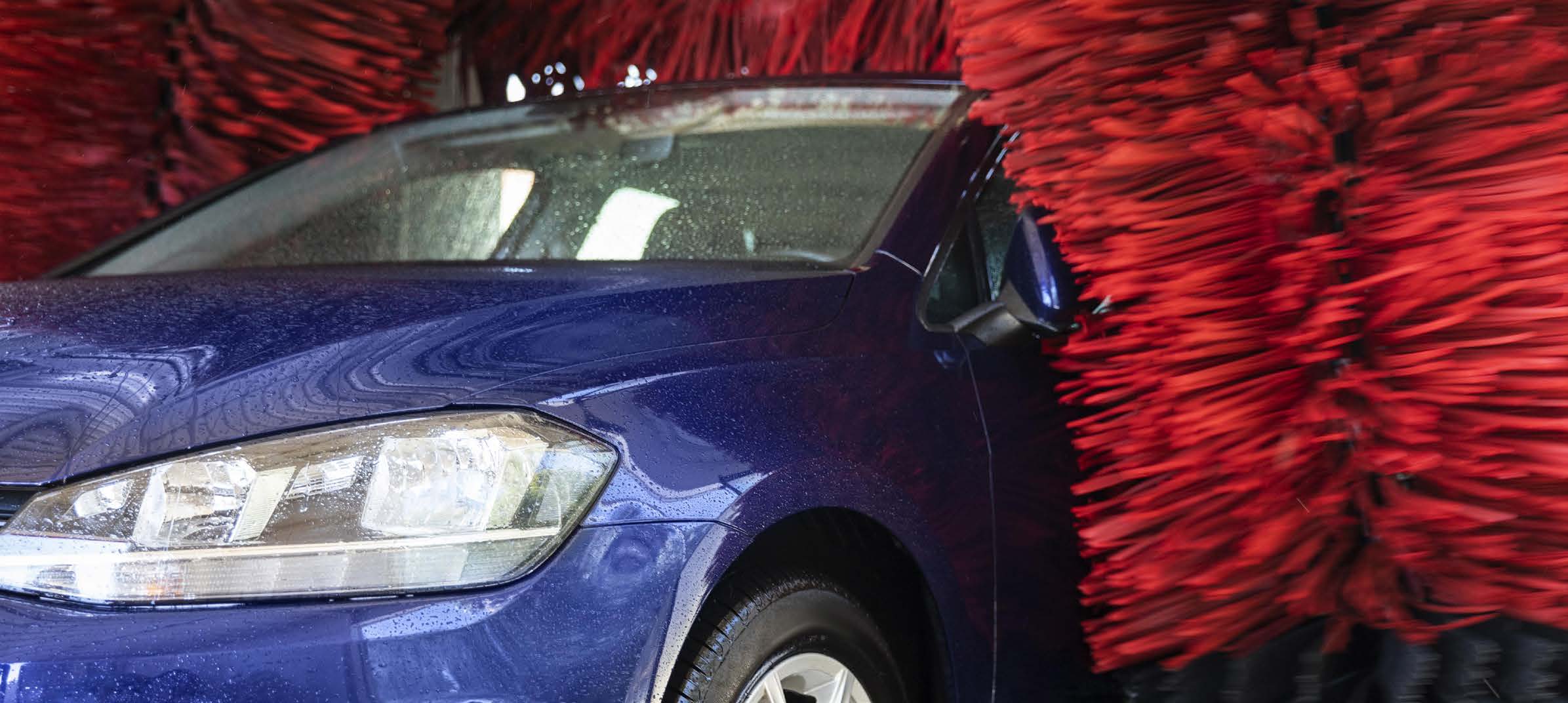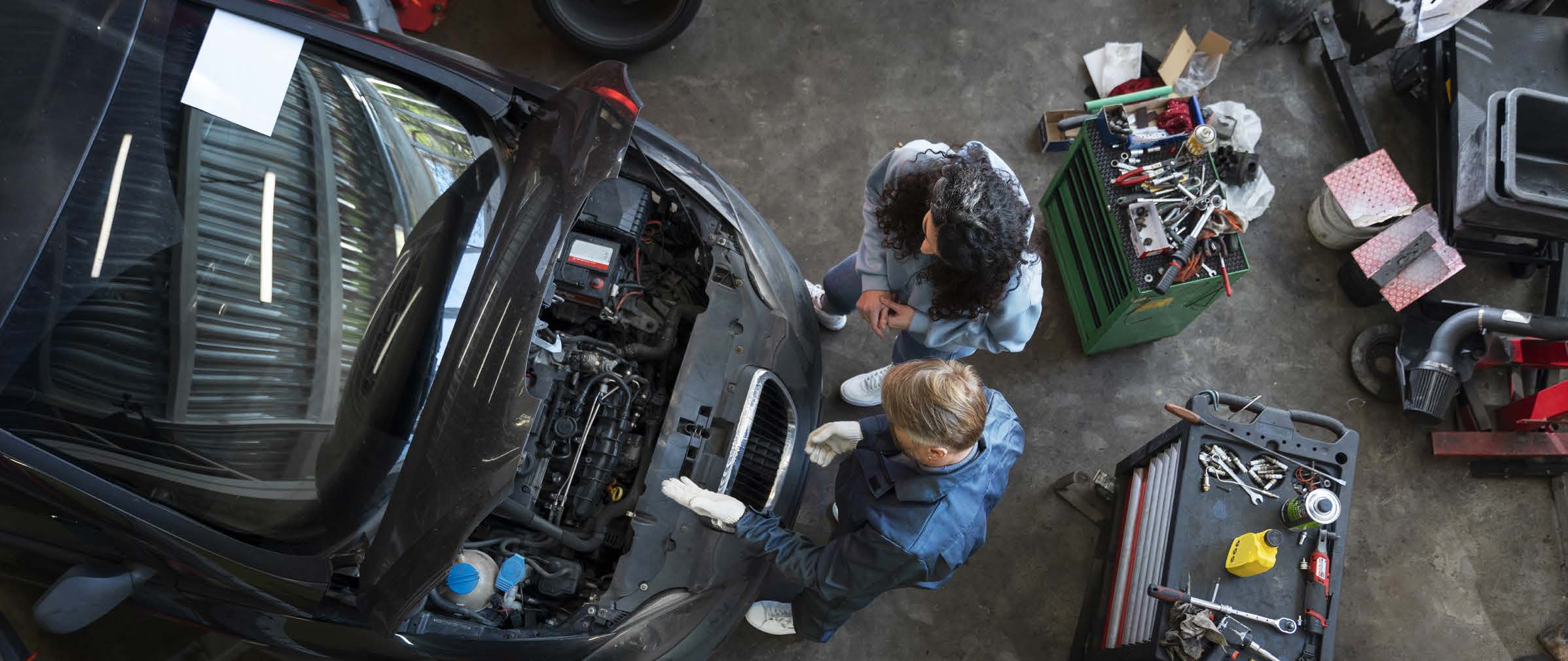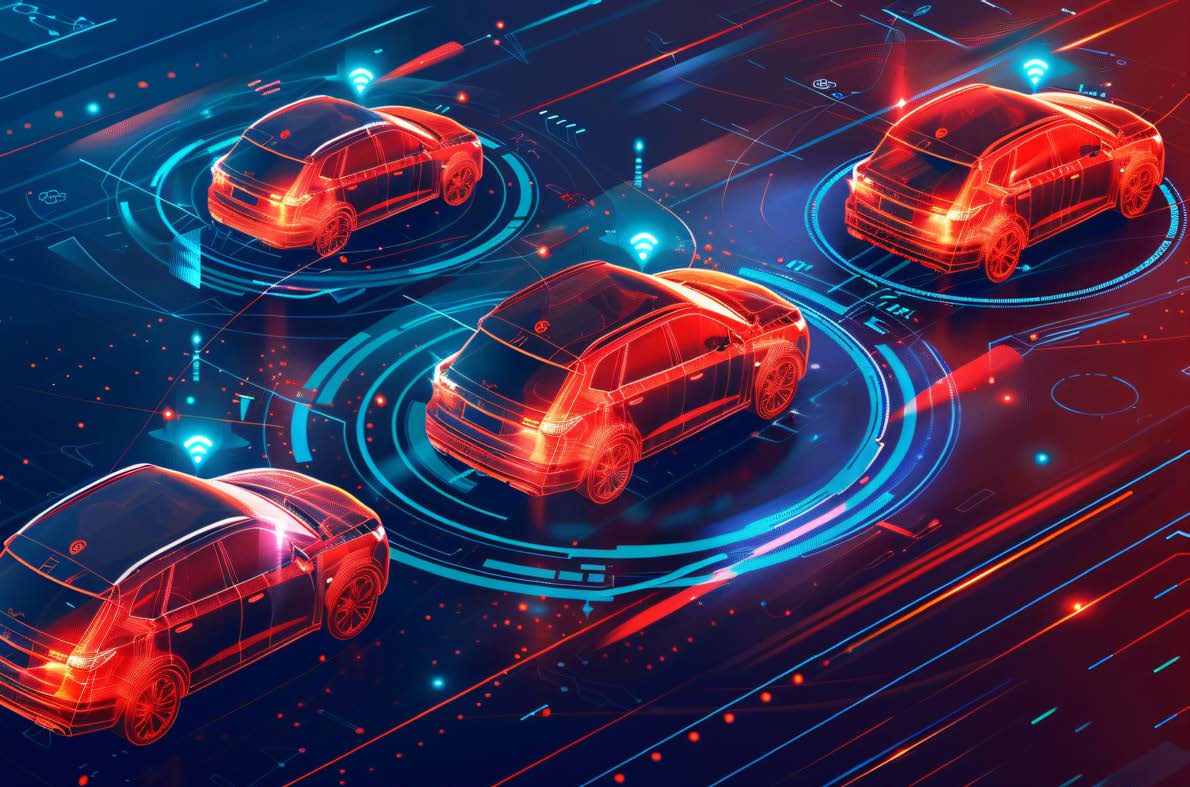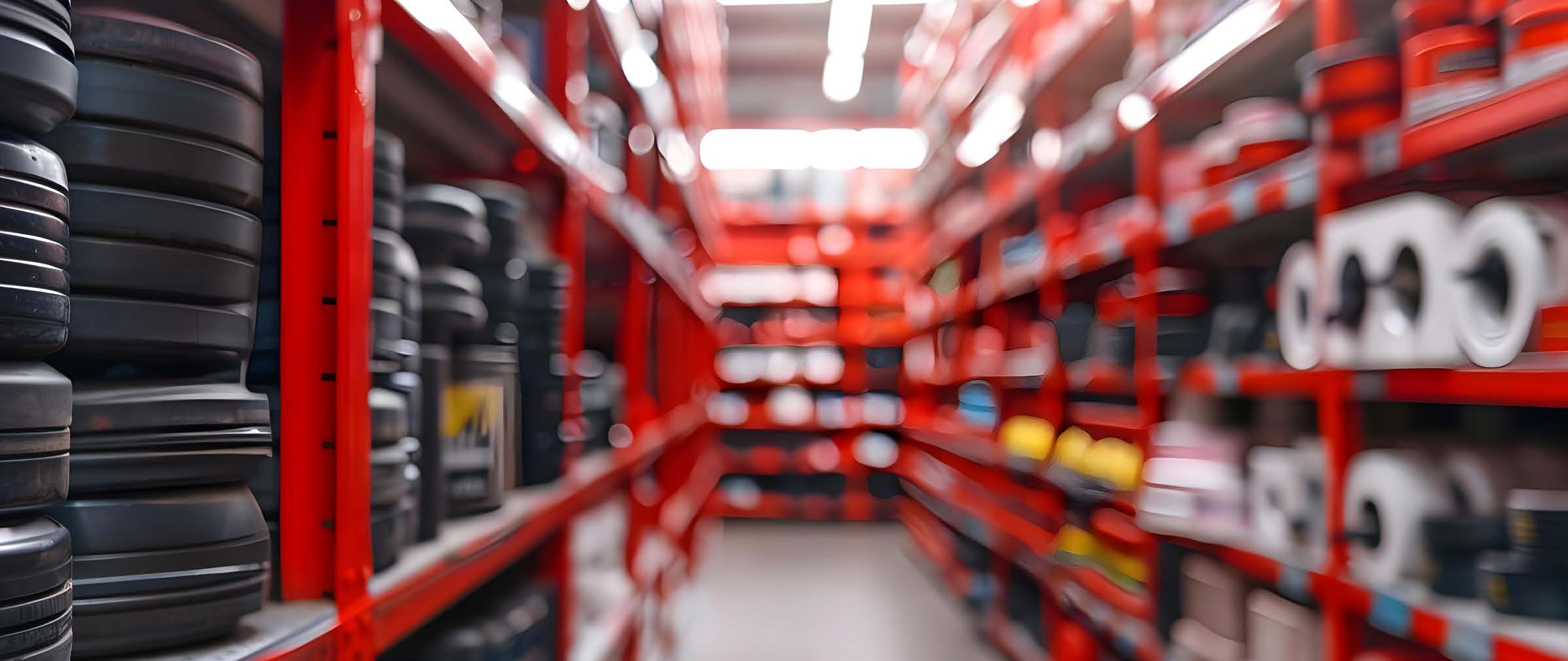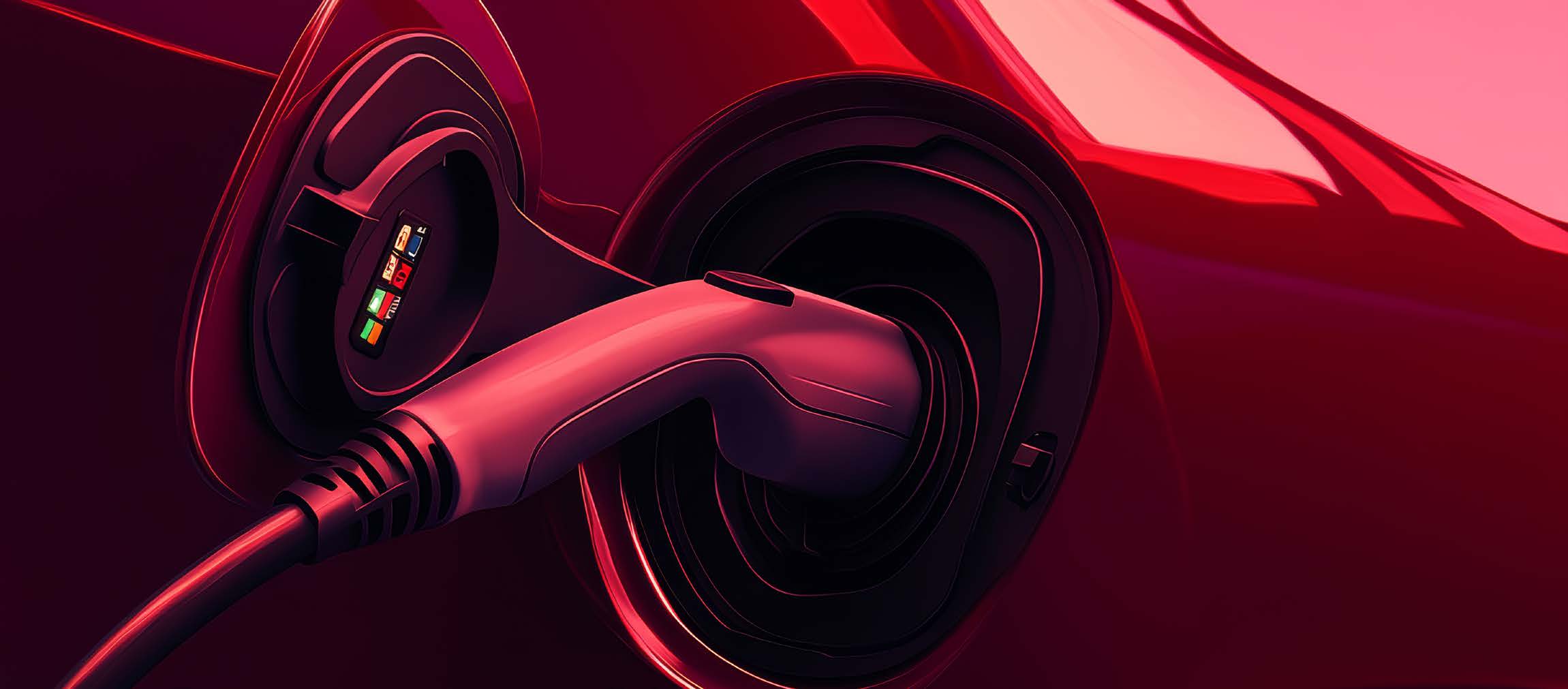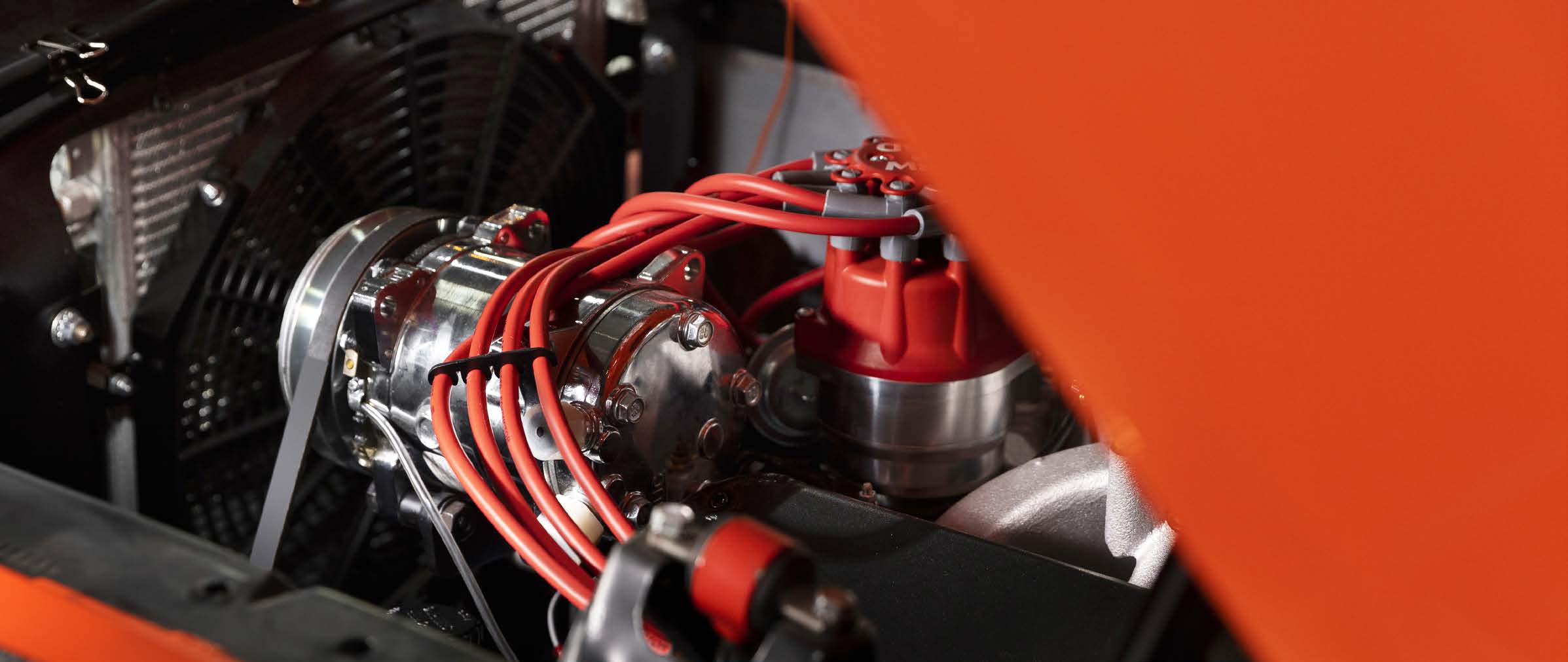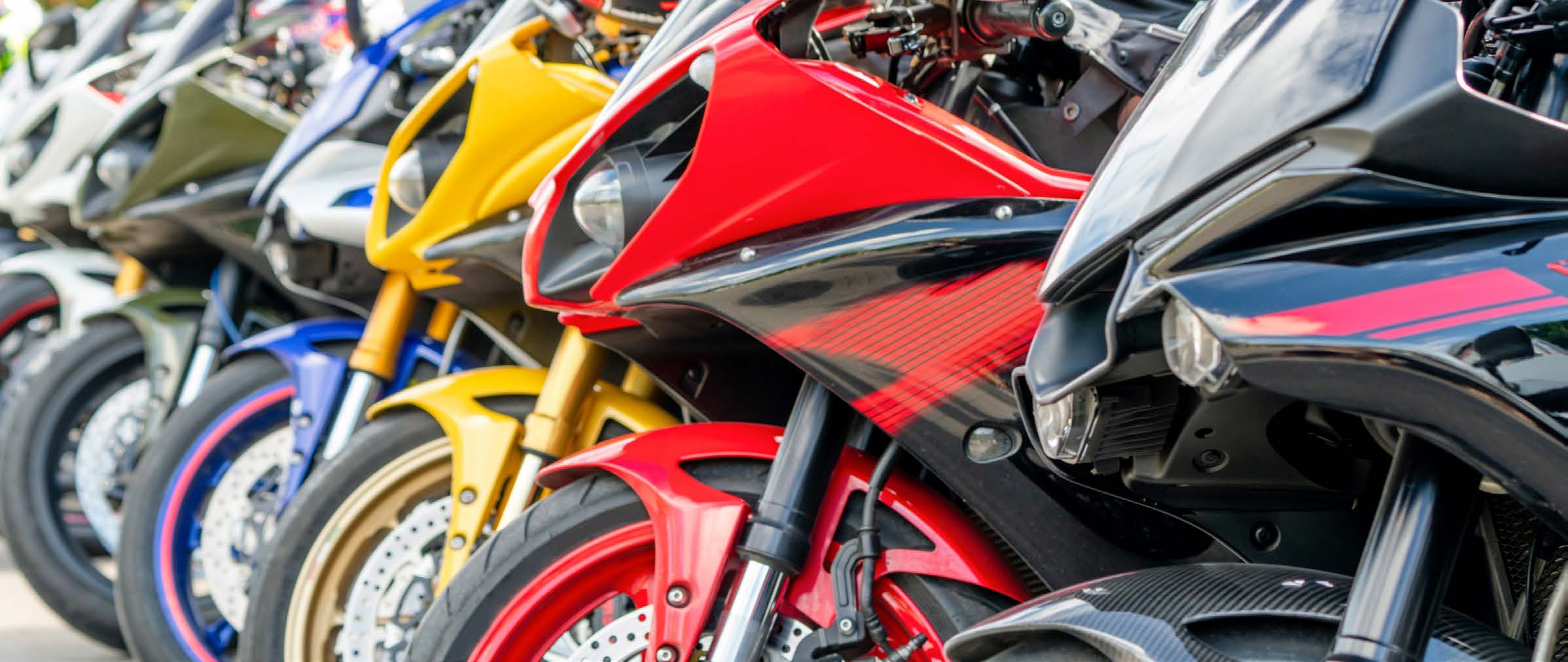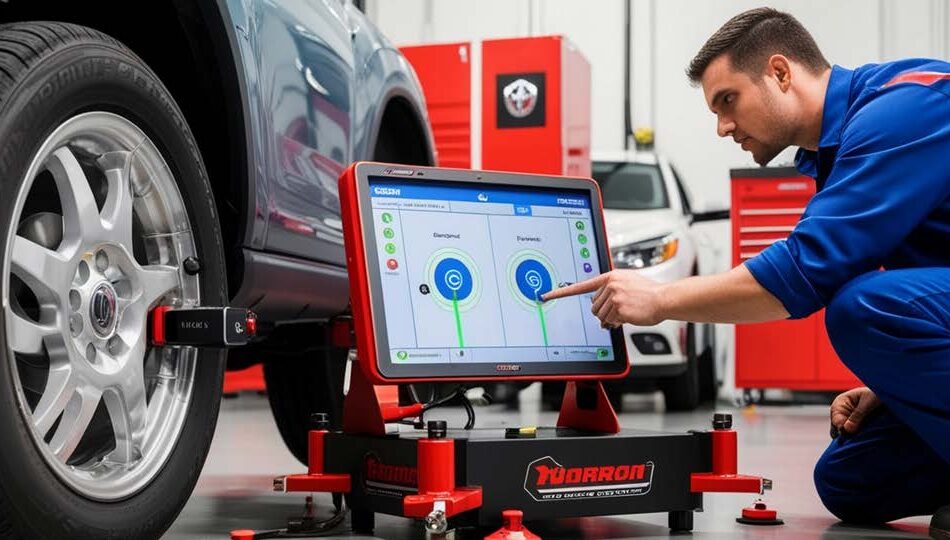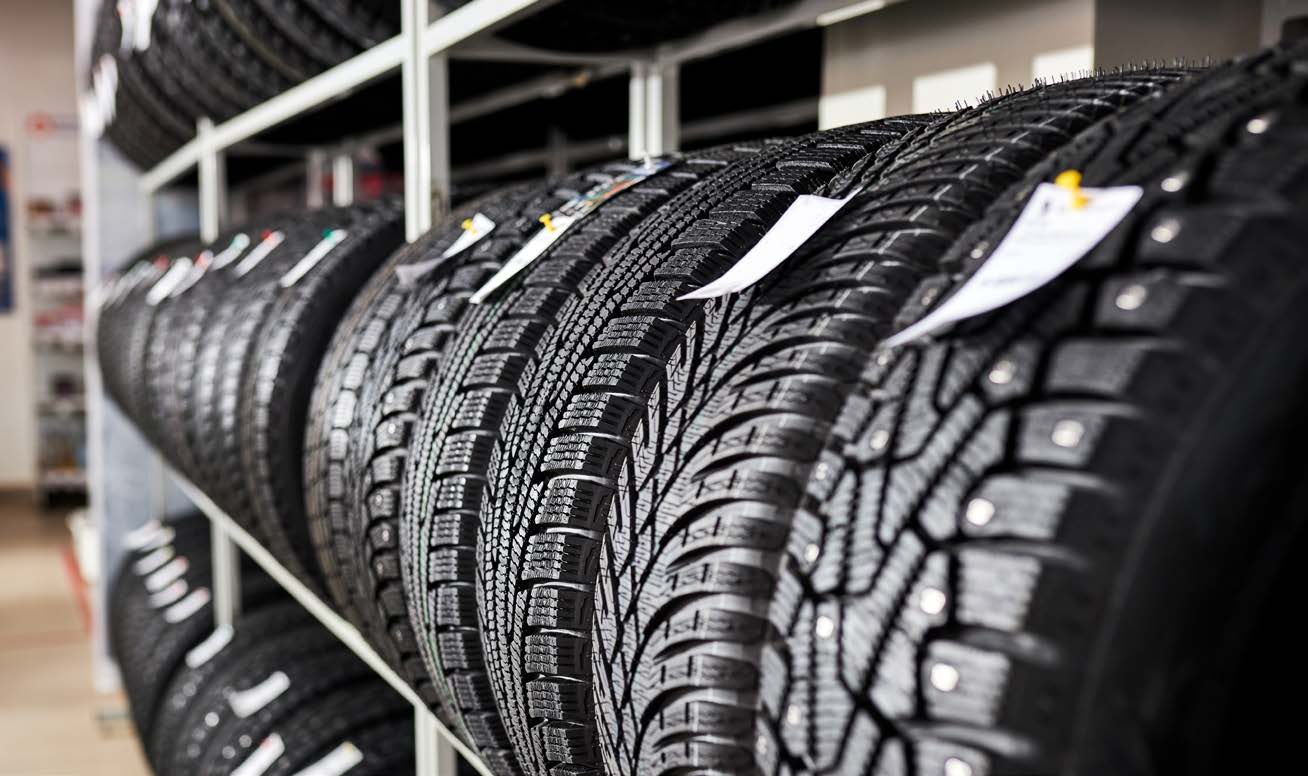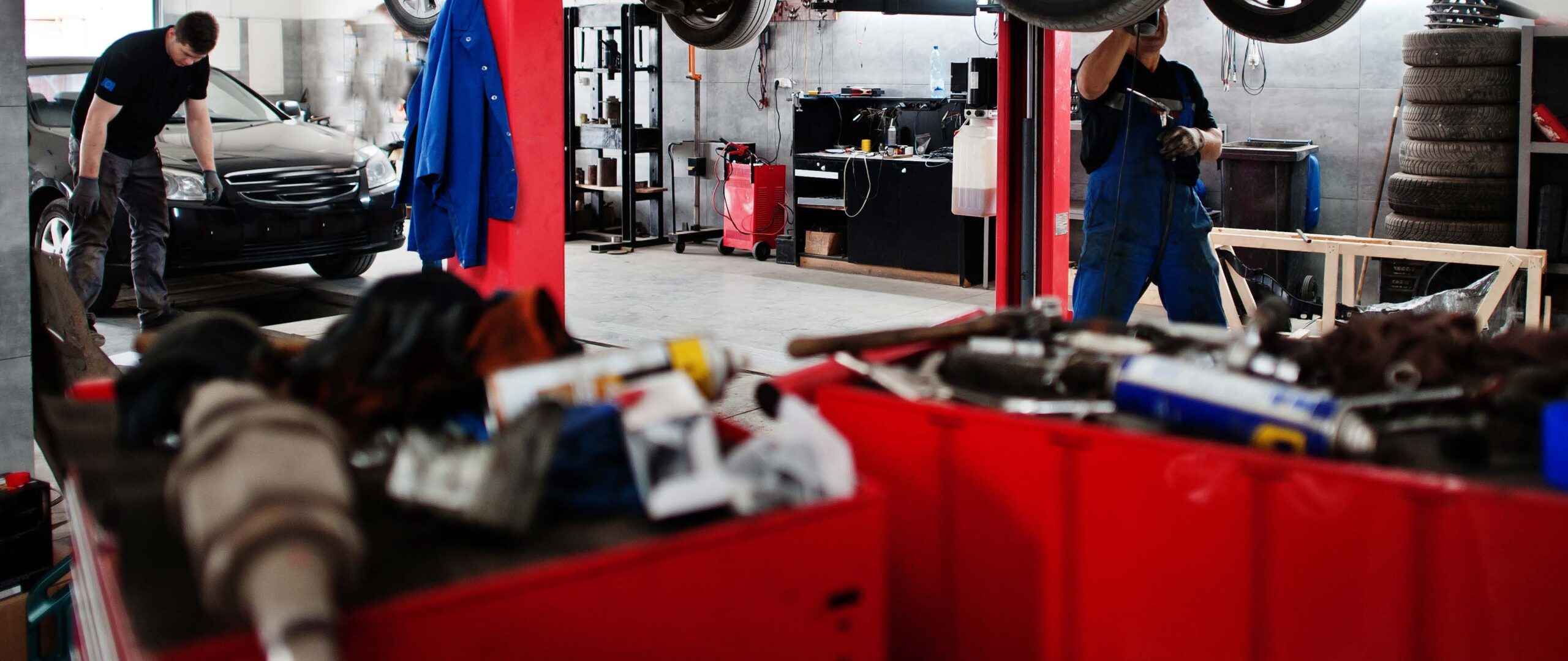The French market for spare parts alone (excluding labour), comprising mechanical parts, bodywork, engines, chassis and all
electronic components
A stable market in France
€ 16,3*
excluding VAT billion
The outlook for this market between now and 2030**:
and estimates that it will fall very slightly
€ 16,1
BILLION EXCLUDING VAT IN 2030
This remarkable stability can be attributed to the gradual entry onto the market of new, more expensive components for electrified vehicles, which should, from 2028, offset the decline in parts for vehicles with internal combustion engines.
**the outlook has modelled by The statistics department at FIEV (federation of vehicle equipment industries)
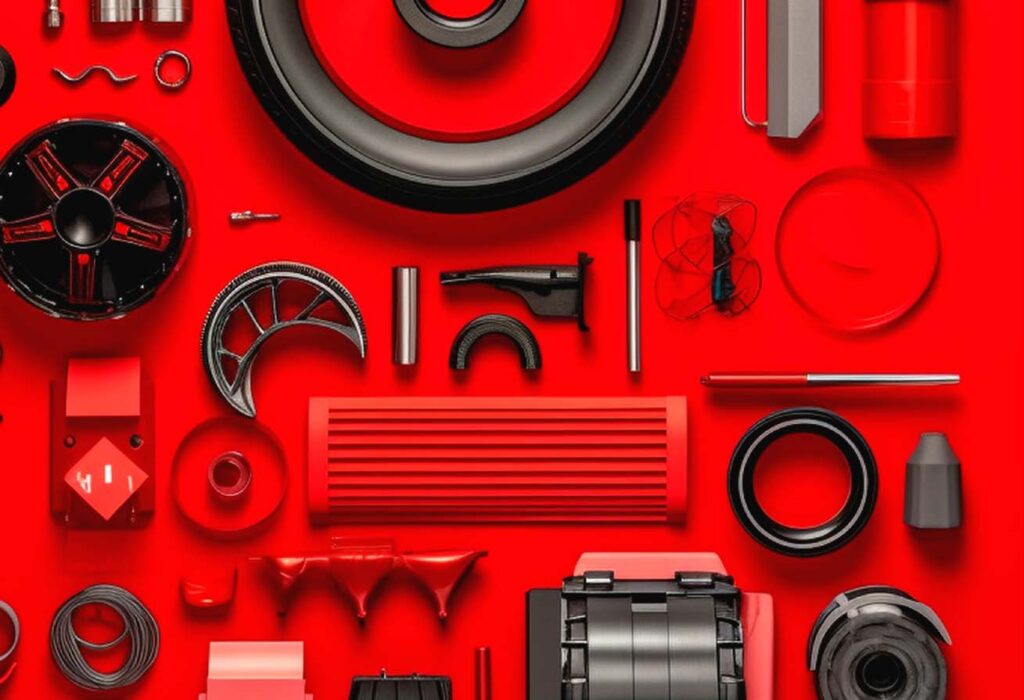
In this spare parts market, estimated at €16 billion excluding VAT, two families of parts stand out
Parts subject to competion :
81%
of market i.e. around €13 billion excluding VAT
*Source : Feda
Captive parts :
19 %
of market
2 types of captive parts:
– engines and chassis, captive by nature;
– bodywork parts
Parts subject to open competition are one of the biggest sectors on display at EQUIP AUTO.
They cover all replacement components used in the mechanical and electronic functions of vehicles:
• tyres,
• steering – suspension – braking,
• transmission,
• lighting and signalling,
• filtration – oil change,
• heating and air conditioning – passenger compartment,
• safety (ADAS, airbags),
• starting – charging – ignition – injection,
• pollution control,
• engine equipment.
Free competition for visible parts since 1 January 2023
Visible parts, such as bodywork parts, rear-view mirrors, headlights and lamps and auto glass, were long referred to as captive parts. For over 60 years they had fallen within the scope of the 1957 French law on the intellectual property of designs and models, and the specificities relating to copyright. All of that has now changed.
AUTO GLASS
can be marketed by all manufacturers through all sales channels, including car parts and service distributors. This means the market is completely open to competition.
As of 1 January 2023
BODYWORK PARTS, REAR-VIEW MIRRORS AND HEADLIGHTS,
if manufactured by original equipment manufacturers, can be sold by them on the aftermarket, i.e. to distributors of automotive parts and services. Once again, the market has been opened up, subject to the conditions set out in the table below.
The Climate & Resilience Act of July 2021, confirmed by the French Constitutional Council on 19 August 2021
| Part type | Date de libéralisation |
| Auto glass (windscreens, rear quarter and door windows, etc.) |
Free competition as of 1 January. All operators may make and sell these parts. |
| Rear view mirrors, headlights, body parts made by original equipment manufacturers | Free competition as of 1 January 2023. All manufacturers making original equipment may produce and market the corresponding replacement parts. |
| Rear view mirrors, headlights and body parts made by all other operators | Manufacturer monopoly period lowered to 10 years as of 1 January 2023. All manufacturers – excluding OE – may make and/or sell these parts on the expiry of a minimum period of 10 years following the patent registration of the drawing or model of the part (as opposed to 25 years previously). |
Source : FEDA
Spare part marketers
Several spare parts marketing channels share the spoils of the substantial aftermarket:
NETWORKS OF ALL-MAKE DISTRIBUTORS
(the majority of which are members of the FEDA, Fédération des Entreprises de la Distribution des Pièces et Services Automobiles), which supply SMEs in the automotive after-sales sector (all-make repair shops, dealers, body shops, used vehicle specialists), fast-fitters and the car distribution sector for their after-sales and used vehicle activities for all makes. The main players are PHE-Autodistribution, Alliance Automotive Group (AAG), Autolia, Nexus Automotive and LKQ-VHIP.
MANUFACTURER NETWORKS
which sell parts packaged under the vehicle brand (manufactured by the original equipment manufacturers) to their networks, as well as to independent dealers. In recent years, French manufacturers Stellantis and Renault Group have developed an all-makes approach with, on the one hand, comprehensive collections of OE parts and, on the other, their private labels, Motrio and Distrigo.
THE CENTRAL PURCHASING OFFICES AND LOGISTICS HUBS
of auto centres, fast-fitters, tyre specialists and supermarket chains.
ONLINE SPARE PARTS SELLERS
Some of these are now being taken over and run by parts distributors (e.g. Oscaro owned by PHE – Autodistribution, Mister-Auto owned by Stellantis).
Original equipment innovation and electronic components
Original equipment innovation invariably includes electronic components, ECUs, sensors and actuators.
According to specialist observers of automotive electronics*
25%
of the added value of modern automobiles originates from electronics
30 à 35%
by 2035, with the progress in power electronics for electric vehicles
Traction batteries for electric vehicles
40%
today
35%
tomorrow
The increasing automation of car driving will lead to a proliferation of ADAS (advanced driver assistance systems). The software defined vehicle (SDV), for its part, will lead to a new architecture including centralised hardware that is much more powerful than the ECUs (Electronic Command Units) fitted in cars today. The widespread use of cockpits with multiple connected panels will also lead to an increase in the number of electronic components in the passenger compartment.
Sources : ACSIEL: Alliance of French Electronics Players. FIEEC: Federation of Electrical, Electronic and Communication Industries
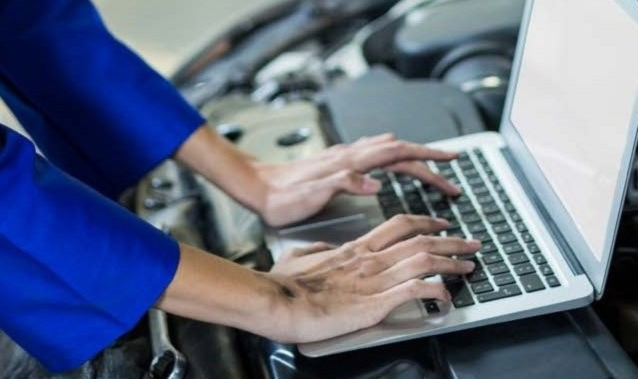
EQUIP AUTO Paris 2025 will be taking a close look at these major innovations in its series of talks in the EQUIP AUTO Arena, as well as in the show’s Energy Village
Vehicle equipment: Spare parts, Original equipment innovations, Electronic components
1.96 MoDownload
